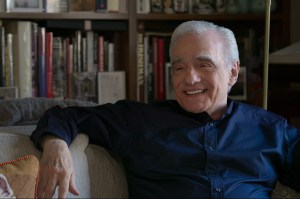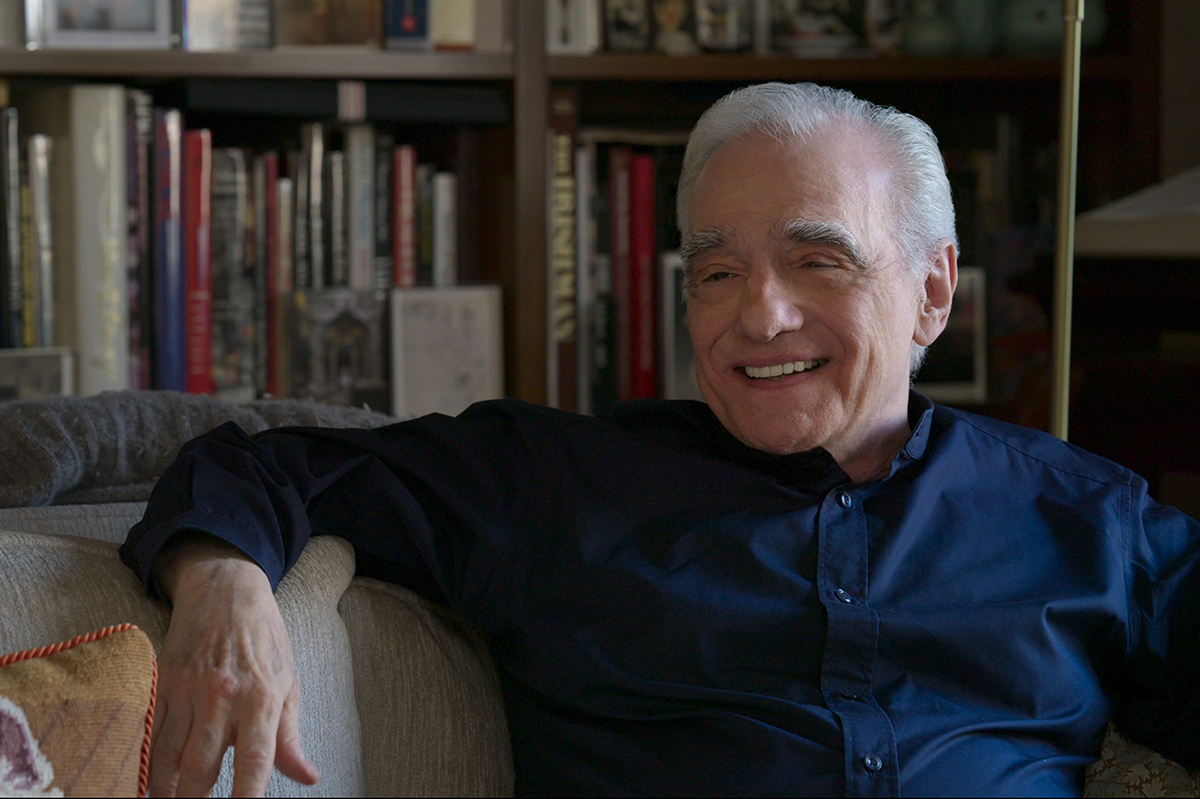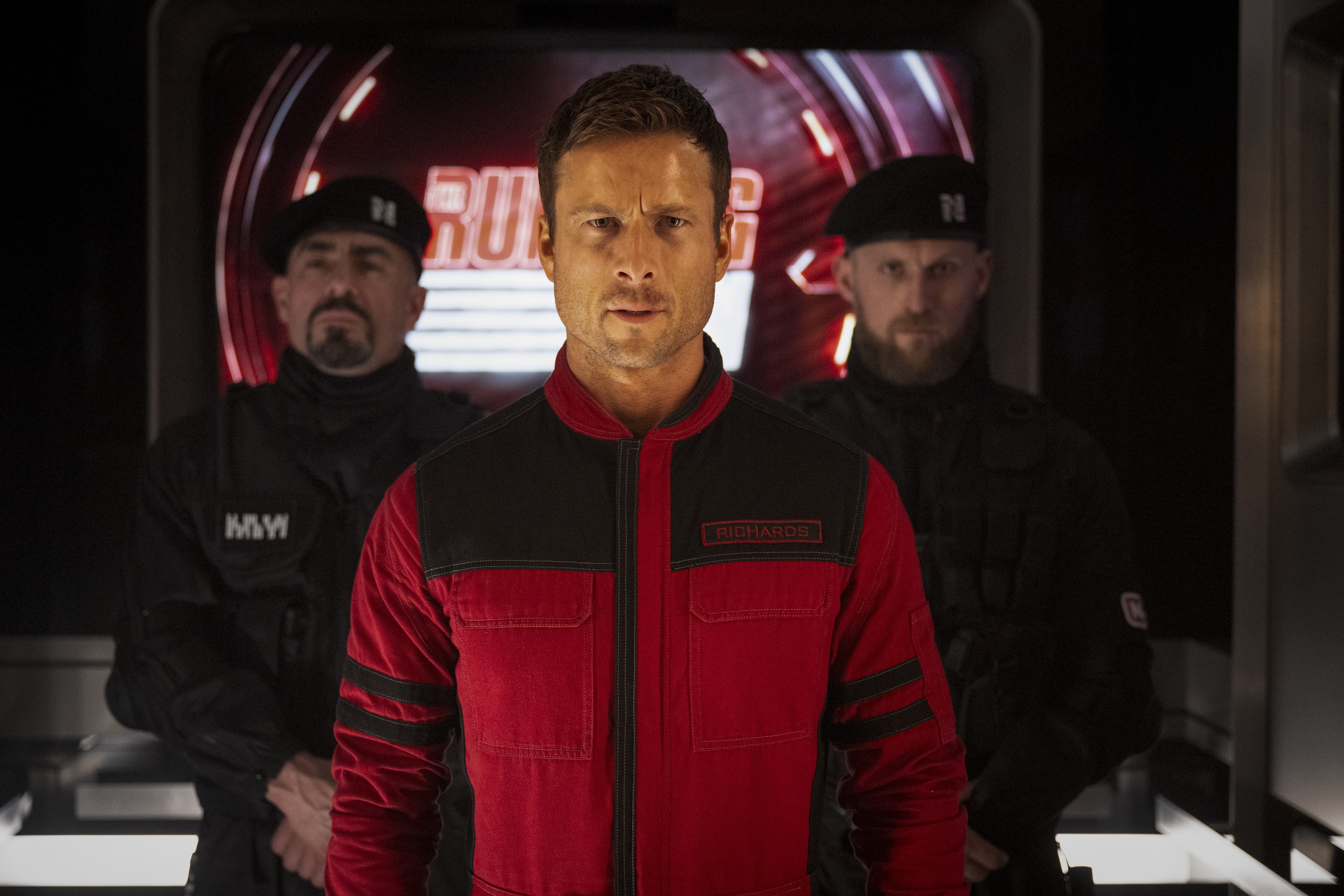Up until yesterday, I was beginning to feel cautiously optimistic about the new James Bond film. After a long hiatus in which the franchise’s new owners Amazon and the previous Bond producers, Barbara Broccoli and Michael G. Wilson, seemed unable to compromise, the matter was settled. Broccoli and Wilson were paid a Jeff Bezos-sized ransom, and others took artistic control of the series. The producers – America’s Amy Pascal and Britain’s David Heyman – were good choices, and the decision to hire Dune’s Denis Villeneuve to direct was inspired, to say the least. But the news that Peaky Blinders creator Steven Knight will be writing the script has sent my confidence that the picture will be any good spiraling right down.
Knight may not be a household name, but he’s an extraordinarily prolific screenwriter who has racked up a vast number of credits since he began his career co-creating Who Wants to Be a Millionaire in the Nineties. When he moved into television and feature films, he started out extremely well. If you haven’t seen the Chiwetel Ejiofor immigration thriller Dirty Pretty Things, David Cronenberg’s Eastern Promises or the Tom Hardy one-man-show Locke, you really ought to. Had Knight continued along this path, then his working on the new 007 picture would be something to look forward to. But then Peaky Blinders became a phenomenon, and Knight became a powerful figure in the industry. The results have been messy and bizarre.
I sometimes wonder, given how prolific he is, whether Knight is in fact a pseudonym given to a small cottage industry of screenwriters, all charged with creating wildly disparate screenplays. In the credit column are dramas such as Stephen Graham’s boxing show A Thousand Blows and the early, more dynamic seasons of Peaky Blinders. In the debit column are uninspired, rote projects such as Bradley Cooper chef drama Burnt, a failed attempt to continue the Lisbeth Salander series in the form of 2018’s The Girl in the Spider’s Web and the inexplicably popular military porn SAS: Rogue Heroes. But these are but an amuse bouche compared to what happens when Knight is really let off the leash, and then true nonsense comes out.
Knight wrote and directed a film in 2019, Serenity, that attracted some of the worst reviews in living memory, not least because its big twist – that its stars Anna Hathaway and Matthew McConaughey were in fact trapped in a computer game played by Hathaway’s character’s son – was laughed off the screen. Still, this reaction was mild compared to the horror that his two Dickens adaptations, A Christmas Carol and Great Expectations, were greeted with. A Christmas Carol at least had novelty on its side – scenes in which Jacob Marley announced “this isn’t a fucking game” and Mrs. Cratchit offered herself to Ebenezer Scrooge sexually were unusual, if nothing else. But when the deeply woke, essentially unwatchable Great Expectations rolled around, this magazine’s television critic argued it demonstrated, “once again the strange modern neediness to believe in our superiority to all those benighted bigots who came before us. (Please tell us we’re the best people who ever lived! Please!) Or rather, it takes those ideals to new heights that are either infuriating or hilarious depending on your mood.”
Knight will be reined in to a large extent on the new Bond film. They are not, and never have been, vehicles for screenwriters, although Roald Dahl wrote You Only Live Twice and Flashman creator George MacDonald Fraser was one of the many hands who put together Octopussy. Even the much-heralded hiring of Phoebe Waller-Bridge to work on the most recent picture, No Time To Die, made little difference: there were no scenes of Bond smirking to camera and delivering arch monologues about his sex life, although the film would probably have been improved if there had been.
Yet the news that Knight will be taking on the new Bond film – over many more interesting, exciting screenwriters – is still very depressing.

























